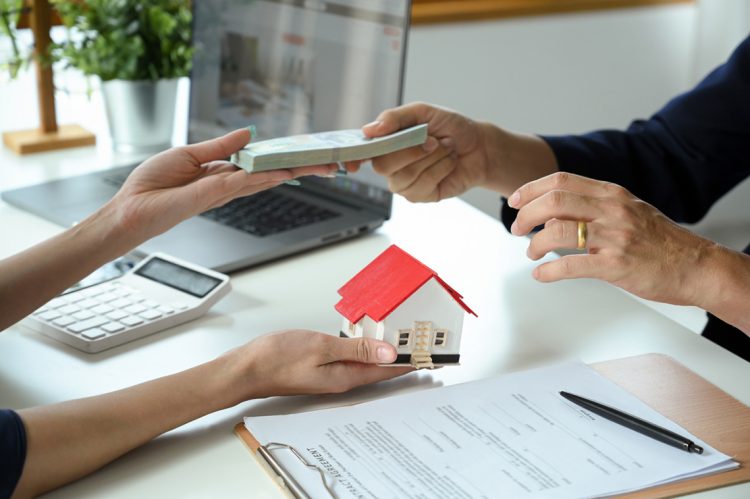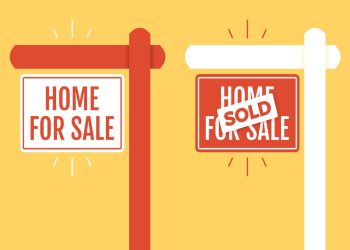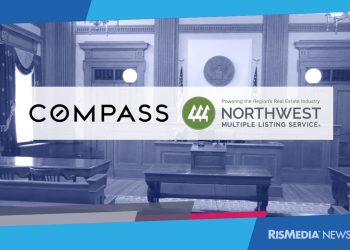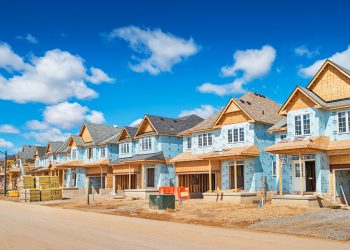You will need a down payment when deciding the right time to buy a home. Down payments are a lot of money to save, and you need this upfront when you get a mortgage.
But how much down payment on a house is needed, and why do you even need one? We will examine down payments and what you need to know.
What is a home down payment?
A down payment is money you must pay as part of the home purchase when using a mortgage. The lender will require a minimum down payment that could be just 3% of the purchase price with a conventional mortgage.
An FHA loan will require 3.5% down, and VA and USDA loans have no down payment options.
The type of home loan, your financial history, and the property you are buying can affect the down payment requirement.
You can review numerous first-time home buyer programs to see which is best.
How down payments work
The money you have saved for a down payment can affect the mortgage terms. If you can put down 20%, you might get a better interest rate and a larger loan.
Despite the advantages of bigger down payments, there are some reasons why putting less down can be better.
For example, you may want to invest that money elsewhere.
How does the down payment affect the interest rate?
The amount of money you have for a down payment influences the loan’s interest rate. With more money down, the lender will have fewer concerns about the loan being repaid.
But with a smaller down payment, the lender will increase the interest rate to account for the risk.
How the down payment will affect your mortgage payments
With a larger down payment and a lower interest rate, you will pay less interest on the loan. This will mean your monthly mortgage payments will be lower, with less money wasted paying interest to the lender.
How much house down payment is required?
Let’s take a look at a down payment example. If you buy a home for $250,000 and have $25,000 (10%) for the down payment, the balance will be $225,000.
If you choose a 30-year mortgage, $225,000 will be divided by 360 months. Your basic monthly payment will be $625, but interest, property taxes, and insurance will be added.
If instead, you have $50,000 (20%) as a down payment, your monthly mortgage payments will be about $555 without interest. This saves $70 per month, and while that doesn’t sound much, you will also avoid paying private mortgage insurance. PMI could cost you several hundred dollars a month, but with a 20% down payment, this won’t be required.
As you can see, there are advantages to having a larger down payment, but these aren’t the only benefits.
The advantages of larger down payments
Along with avoiding private mortgage insurance, which could save hundreds of dollars each month until you have enough equity to cancel it, a larger down payment also offers:
Lower interest rates
With more money as a down payment, there isn’t as much risk for the lender. This means a lower interest on the loan for the borrower and less to pay each month. This can significantly affect the overall cost of your mortgage over the loan term.
Reduced debt-to-income
With a larger down payment, your debt-to-income ratio will be lower, making applying for future credit easier.
The advantages of smaller down payments
Less time to wait
Saving for a 20% down payment can take many years, but you don’t have to wait long when choosing a mortgage with lower down payments.
Repairs and renovations
When you move in, you might find there are some repairs needed. You might also want to make some changes to make the home your own, and these things will need funds.
Emergencies
Having some money left in your account to cover unexpected events. You can leave some for emergencies if you don’t use all your funds on a down payment.
Other opportunities
You might want money to invest, pay for college tuition, etc. And if you pay a lower down payment, you have more options.
Minimum down payments
While 20% down was always the standard, that isn’t the case anymore. Though there are many benefits to paying 20%, you can get a mortgage with 3% or less down.
If you qualify for a VA or USDA loan, you could buy a home with zero down. Getting a mortgage that works best should be your primary concern.
Final thoughts
While saving for a 20% down payment offers benefits, it might not be the best option for everyone.
Opting for a down payment that doesn’t over-stretch your finances allows you to keep more cash for other things. And you can always make larger payments later to reduce the principal if your down payment is lower.
Bill Gassett is a nationally recognized real estate leader who has been helping people buy and sell MetroWest Massachusetts real estate for the past 35 years.












